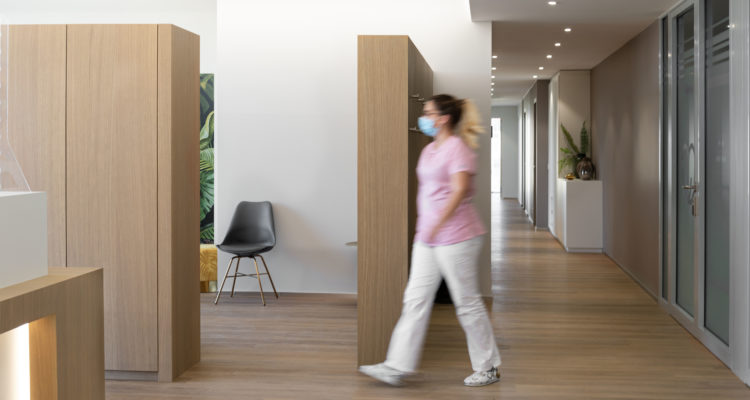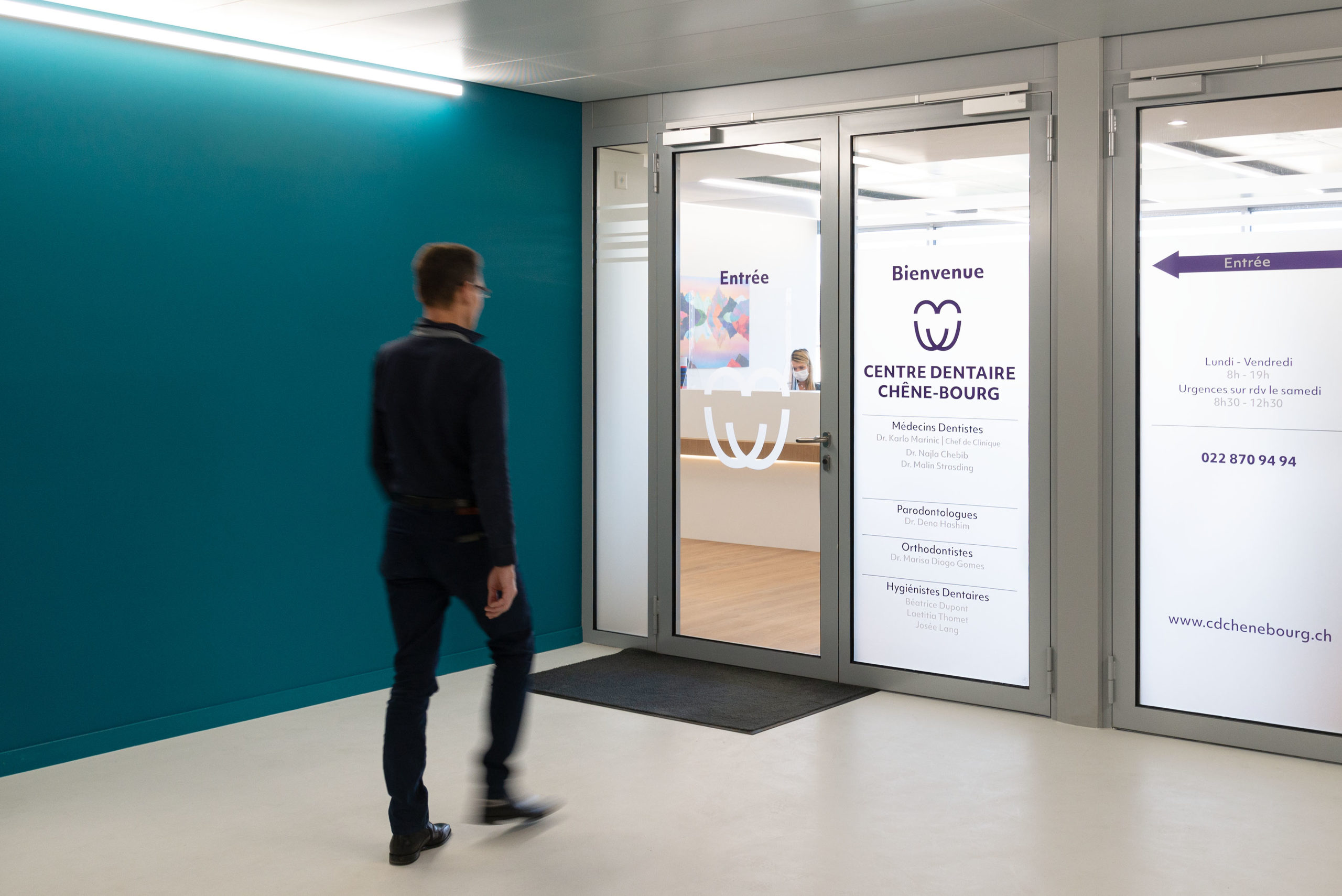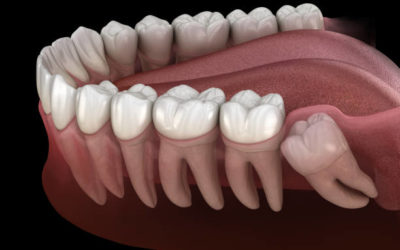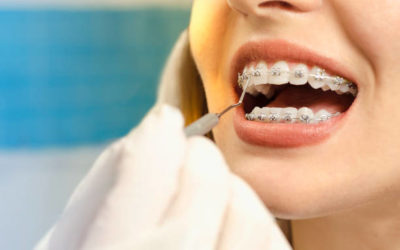
5 choses à savoir sur les urgences dentaires
Les urgences dentaires peuvent arriver à tout moment, et il est important de savoir comment y faire face. Dans cet article, nous passerons en revue les différentes situations dentaires d’urgence et les actions à mener pour les gérer.
1 – Qu’est-ce qu’une urgence dentaire ?
Les urgences dentaires sont des situations d’urgence qui nécessitent une intervention rapide d’un dentiste ou d’un chirurgien-dentiste. Ces situations peuvent être douloureuses et affecter la santé bucco-dentaire.
2 – Quels sont les urgences dentaires les plus courantes ?
Parmi les urgences dentaires les plus courantes, on peut citer la douleur dentaire, la rage de dent ou encore l’abcès dentaire. Ces situations peuvent être très douloureuses et nécessitent des soins immédiats.
La douleur dentaire peut être causée par une carie, une pulpite ou une fracture dentaire. La rage de dent est une douleur intense causée par une inflammation de la pulpe dentaire. l’abcès dentaire est une infection qui se développe dans le tissu mou autour de la dent ou de la gencive.
Les traumatismes dentaires sont également des urgences dentaires. Ils peuvent être causés par une chute, un accident de sport ou un coup violent. Les traumatismes dentaires peuvent causer des fractures dentaires, des extractions dentaires ou même des fractures de la mâchoire. Les urgences dentaires peuvent également être causées par des problèmes de prothèses dentaires.
Les prothèses dentaires peuvent causer des douleurs, des irritations ou des infections. Les urgences peuvent également être liées à des problèmes orthodontiques, tels que des douleurs liées à l’appareil dentaire.
3 – Quels sont les premiers soins à adopter en cas d’urgence dentaire ?
Les urgences dentaires sont des situations imprévues qui nécessitent une prise en charge immédiate afin d’éviter d’éventuelles complications et douleurs.
En cas d’urgence, il est indispensable de savoir adopter les premiers soins pour prendre en charge rapidement la situation. Les urgences dentaires peuvent survenir à n’importe quel moment, y compris les dimanches et les jours fériés. Il est donc primordial de savoir comment réagir en cas de besoin.
La première chose à faire en cas de douleur dentaire est de prendre rendez-vous chez un dentiste en urgence. Pour trouver un dentiste le week-end ou en soirée, il existe des centres de santé dentaire, des cabinets dentaires ou des cliniques dentaires ouverts en dehors des horaires habituels.
Prendre rendez-vous chez un dentiste
En cas d’urgence dentaire, il est important de réagir rapidement pour éviter d’aggraver la douleur ou selon les cas, l’infection. Dans le cas d’une dent cassée, il convient de récupérer les fragments de dent cassée s’il y en a et de les emmener avec soi chez le dentiste.
Pour soulager la douleur, il est possible de prendre un antidouleur sans ordonnance en attendant de consulter un praticien. En cas de saignements, il est important d’appliquer de la glace sur la partie concernée pour limiter l’inflammation.
Si la douleur est insupportable, la prise d’un antalgique est recommandée. Si une dent est tombée suite à un choc ou à un traumatisme, il convient de récupérer la dent et de la conserver dans un liquide stérile comme du lait ou de la salive, avant de se rendre chez un chirurgien-dentiste.
Il est déconseillé de toucher ou de nettoyer la dent suite à la chute. Dans le cas de douleurs ou de possibles inflammations des gencives, il est recommandé de se brosser les dents et de passer du fil dentaire pour éliminer les bactéries.
Dans tous les cas, il est essentiel d’avoir une bonne hygiène bucco dentaire pour éviter les urgences dentaires, notamment en se brossant les dents régulièrement et en utilisant du fil dentaire. Pour une prise en charge optimale, il est recommandé de se rendre chez un dentiste de proximité.

4 – Comment être pris en charge par un dentiste ?
Il peut arriver qu’une douleur dentaire soudaine surgisse, entraînant une gêne et des saignements des gencives.
Quand cela se produit, il est souvent nécessaire de prendre rendez-vous en urgence chez un dentiste.
Mais comment être pris en charge rapidement par un praticien bucco dentaire. La première étape consiste à trouver un dentiste qui accepte de recevoir les patients en urgence.
Dans certains cas, il est également possible de consulter un centre dentaire ou une clinique spécialisée pour obtenir des soins rapides et efficaces.
5 – Comment se passe les urgences dentaires ?
Une fois le rendez-vous obtenu, il est important de préparer sa visite chez le dentiste. Il convient de rassembler tous les éléments médicaux relatifs à la santé bucco-dentaire du patient, comme les précédents traitements, les prothèses dentaires ou les radios.
Cette préparation permettra au praticien d’obtenir une vue d’ensemble de la situation et de mettre en place un plan de soins dentaires adapté.
En cas de douleur dentaire importante, il est également recommandé de prendre des antalgiques pour soulager la gêne avant la consultation chez le chirurgien-dentiste en urgence.
Les bains de bouche, les compresses froides ou chaudes et les fils dentaire peuvent également être utilisés pour apaiser la douleur et éviter les saignements de gencives.
Une fois chez le dentiste, il est important de tout lui expliquer de manière claire et précise.
Les symptômes, la durée de la douleur, l’existence d’une inflammation ou d’un abcès dentaire doivent être expliqués en détails pour obtenir un diagnostic précis et des soins dentaires adaptés.
Prise en charge des urgences dentaires au Centre Dentaire Chêne-Bourg
Le Centre Dentaire Chêne-Bourg est dans la capacité de gérer les urgences dentaires, y compris le samedi avec une prise en charge rapide.
En cas de mal de dent violent, ou d’accident, notre équipe de Médecins Dentistes est à votre disposition pour soulager votre douleur dentaire et commencer les premiers soins en urgence.
Du lundi au vendredi, les urgences dentaires sont prises en charge au cabinet par un Médecin-Dentiste. Celui-ci aménagera son emploi du temps pour vous traiter au plus vite. Votre prise en charge sera facilitée si vous prévenez le cabinet par téléphone le plus tôt possible.
La prise en charge des urgences dentaires le samedi matin est faite en alternance un samedi sur deux entre les centres dentaires Chêne Bourg et Champel.
Découvrez également le Centre Dentaire Lancy et le Centre Dentaire Champel





